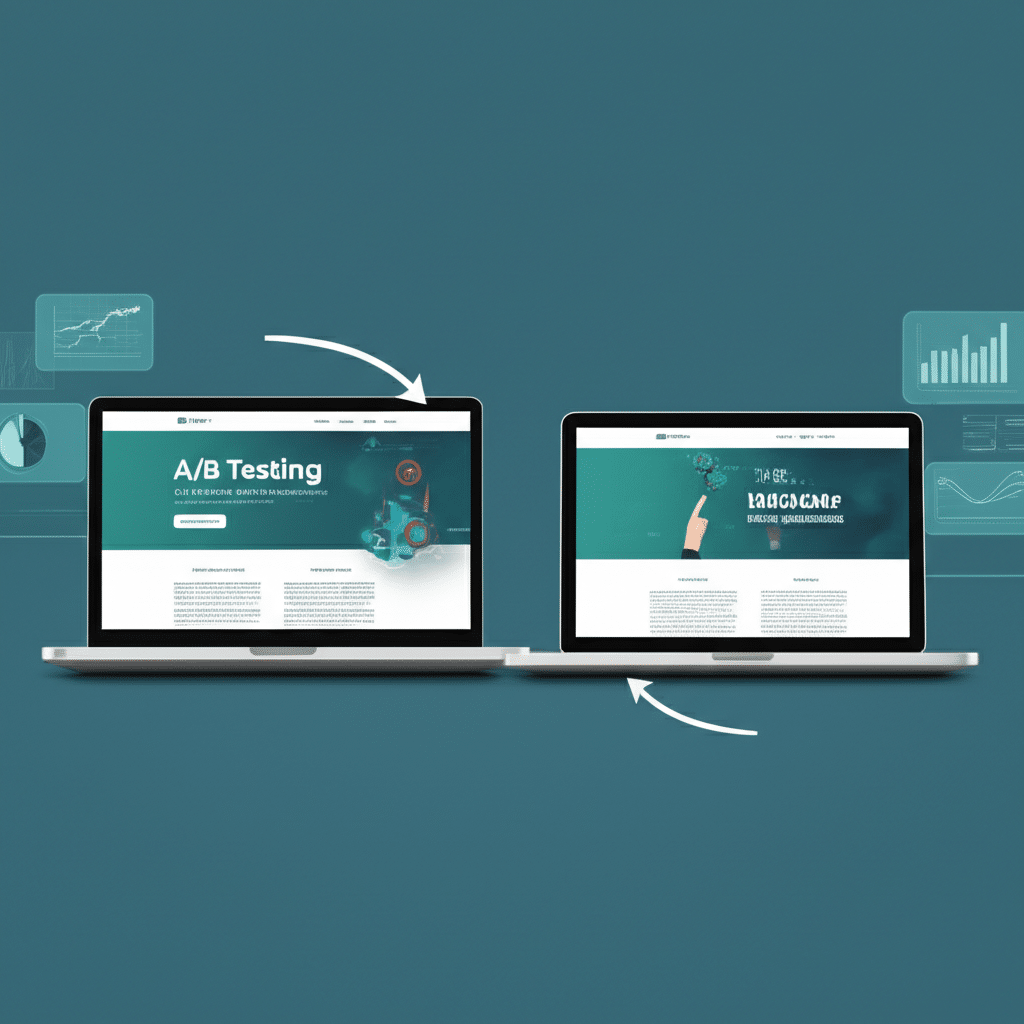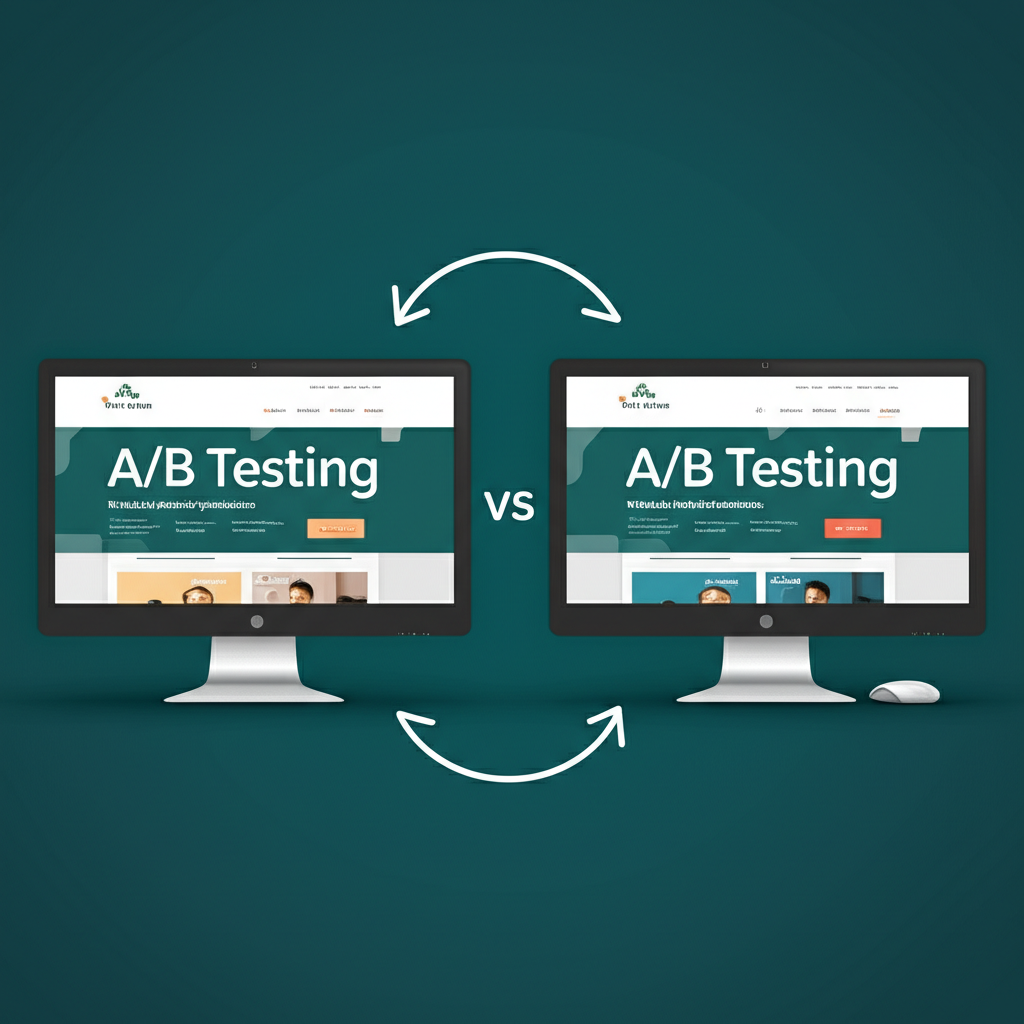Unlocking Quantum Computing’s Potential
Quantum computing, a field once confined to theoretical physics, is rapidly evolving into a tangible technological force. Its potential to revolutionize industries, from medicine and materials science to finance and artificial intelligence, is immense. This article delves into the fascinating world of quantum computing, exploring its core principles, potential applications, and the challenges that lie ahead.
What is Quantum Computing?
Unlike classical computers that store information as bits representing 0 or 1, quantum computers leverage the principles of quantum mechanics to utilize qubits. Qubits can exist in a superposition, representing both 0 and 1 simultaneously. This, along with other quantum phenomena like entanglement and superposition, allows quantum computers to perform calculations exponentially faster than classical computers for specific tasks.
Key Quantum Phenomena:
- Superposition: A qubit’s ability to exist in multiple states (0 and 1) at the same time.
- Entanglement: The interconnectedness of two or more qubits, where their fates are intertwined regardless of distance.
- Quantum Tunneling: The ability of a quantum particle to pass through a potential barrier even if it doesn’t have enough energy classically.
How Does Quantum Computing Work?
Quantum computers manipulate qubits using quantum gates, analogous to logic gates in classical computing. These gates perform operations on qubits, changing their superposition and entanglement states. By strategically applying these gates, complex algorithms can be executed, tackling problems intractable for even the most powerful supercomputers.
Potential Applications of Quantum Computing:
The transformative power of quantum computing spans a wide range of sectors:
Drug Discovery and Development:
Simulating molecular interactions is computationally intensive for classical computers. Quantum computers can accelerate this process, leading to faster drug discovery and personalized medicine.
Materials Science:
Designing new materials with specific properties requires understanding their behavior at the atomic level. Quantum simulations can predict these properties, enabling the development of novel materials for various applications, including energy storage and electronics.
Financial Modeling:
Quantum computing can optimize complex financial models, improve risk assessment, and develop advanced trading algorithms.
Artificial Intelligence:
Quantum machine learning algorithms have the potential to revolutionize AI by enabling faster training and more powerful models.
Cryptography:
Quantum computers pose a threat to current encryption methods but also pave the way for new, quantum-resistant cryptography.
Challenges and the Road Ahead:
While promising, quantum computing faces significant challenges:
Qubit Stability:
Qubits are incredibly fragile and prone to decoherence, losing their quantum properties due to environmental noise. Maintaining their stability is a major hurdle.
Scalability:
Building large-scale, fault-tolerant quantum computers is a complex engineering challenge.
Algorithm Development:
Developing quantum algorithms requires specialized expertise and is a rapidly evolving field.
Frequently Asked Questions about Quantum Computing:
What is the difference between a qubit and a bit?
A bit represents 0 or 1, while a qubit can represent both simultaneously due to superposition.
When will quantum computers be available commercially?
While some early-stage quantum computers are accessible through cloud platforms, widespread commercial availability is still some years away.
Will quantum computers replace classical computers?
Quantum computers are not intended to replace classical computers entirely. They excel at specific tasks, while classical computers remain efficient for everyday computing.
How can I learn more about quantum computing?
Numerous online resources, courses, and books are available for those interested in learning more about this exciting field.
Practical Tips for Engaging with Quantum Computing:
- Stay informed: Follow industry news and research developments.
- Explore online resources: Numerous platforms offer introductory courses and tutorials.
- Consider specializing: If you’re in a relevant field, explore how quantum computing can impact your area of expertise.
Conclusion:
Quantum computing is poised to reshape the technological landscape. While challenges remain, the potential benefits are enormous. By understanding the fundamentals and staying informed about advancements, we can prepare for the quantum revolution and unlock its transformative power. Explore the resources available and join the conversation about this groundbreaking technology.
Call to Action: Share this article with your network and contribute to the discussion about the future of quantum computing!













